Why don't more smartwatches use this smart ring's seemingly obvious trick?
The Ultrahuman Ring Air is adding a new "Smart alarm" feature based on your sleep zones, and every smartwatch or ring should offer it.
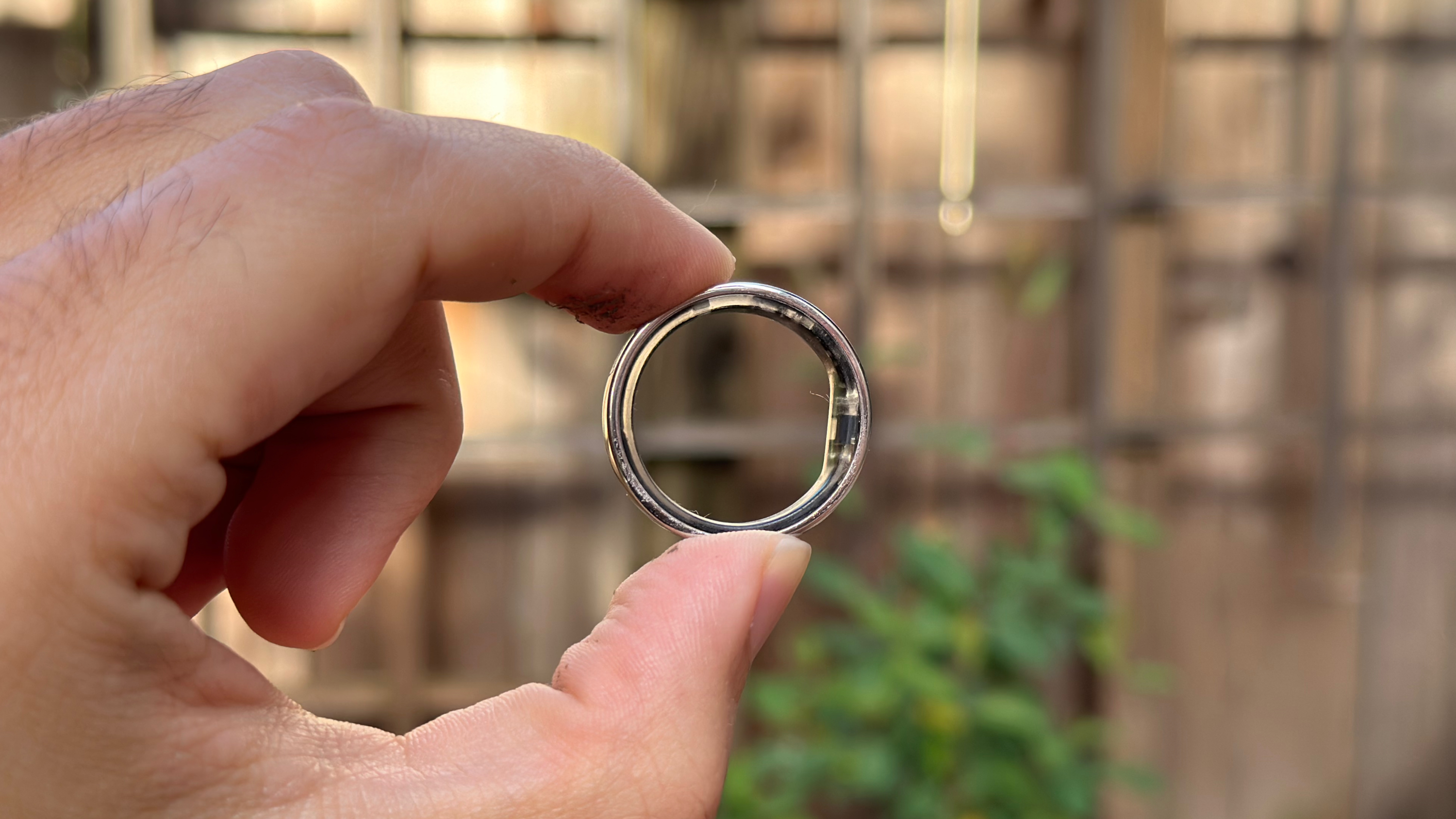
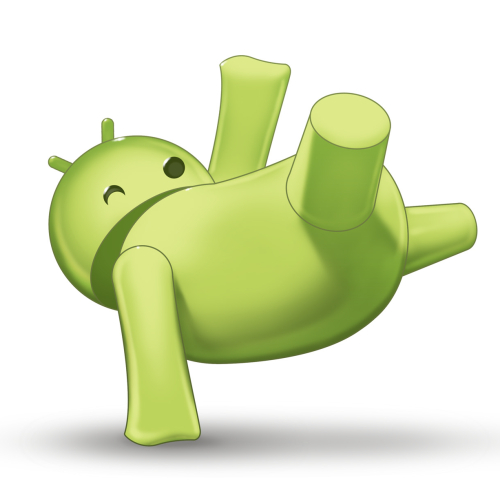
In this weekly column, Android Central Wearables Editor Michael Hicks talks about the world of wearables, apps, and fitness tech related to running and health, in his quest to get faster and more fit.
I don't typically use alarms because I hate being jolted out of REM sleep, as if the noise punched me awake and left me sullen and sluggish. Waking up on my own isn't usually a problem, but on days I can't risk oversleeping, I'd sure love my phone alarm to have a target wake-up range, using my smartwatch or smart ring data to hold off until I'm in my light sleep stage.
[Infomercial voice] But wait, now I can!
I own the Ultrahuman Ring Air, one of the best smart rings for dependable health and sleep accuracy without needing a subscription. On Wednesday, the Ultrahuman team announced the 2024 holiday update, including an upcoming "Smart Alarm" PowerPlug feature.
The feature is still "coming soon" in the app, but Smart Alarm will "sync with your sleep cycles, gently waking you up during light sleep, with wake-up tunes crafted with sleep and music science — ensuring the perfect start to your day."
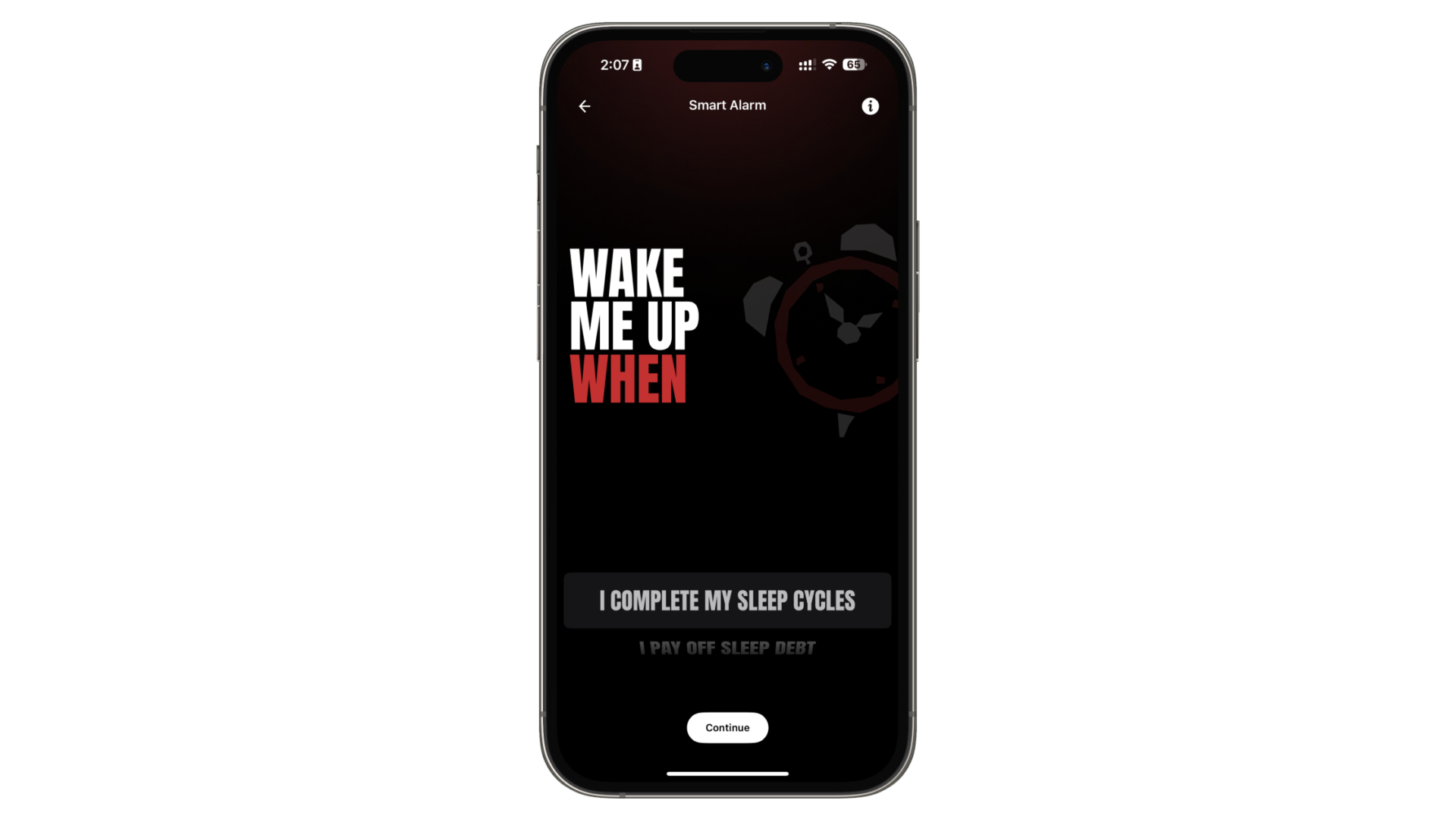
Ultrahuman PowerPlugs are essentially optional widgets for Ring Air owners to add niche data like AFib detection, jet lag tracking, Vitamin D, ovulation, heart adaptability to stressors, or pregnancy insights to their normal Today tab. But this new Smart Alarm tool, as the name suggests, is more of a traditional "smart" feature that you'd get on a watch, which I appreciate.
I'm confident Ultrahuman's Smart Alarm can work. Why? Because I've already tried it...with the Fitbit Charge 6, which — like most other Fitbits — has a Smart Wake alarm setting that begins looking for a light-sleep stage 30 minutes before your target wake-up. Even though I hate wearing watches to bed, I tried it during my Charge 6 review and found it worked as intended, avoiding any sudden jolts awake.
But since I'm the Wearables lead, I switch brands from week to week. Most brands don't offer a similar feature, and Fitbit itself won't make any more smartwatches. Google, which owns Fitbit, hasn't ported Smart Wake to the Pixel Watch 3, only offering basic alarm scheduling. Most watch and band owners don't have a tool like it.
Be an expert in 5 minutes
Get the latest news from Android Central, your trusted companion in the world of Android
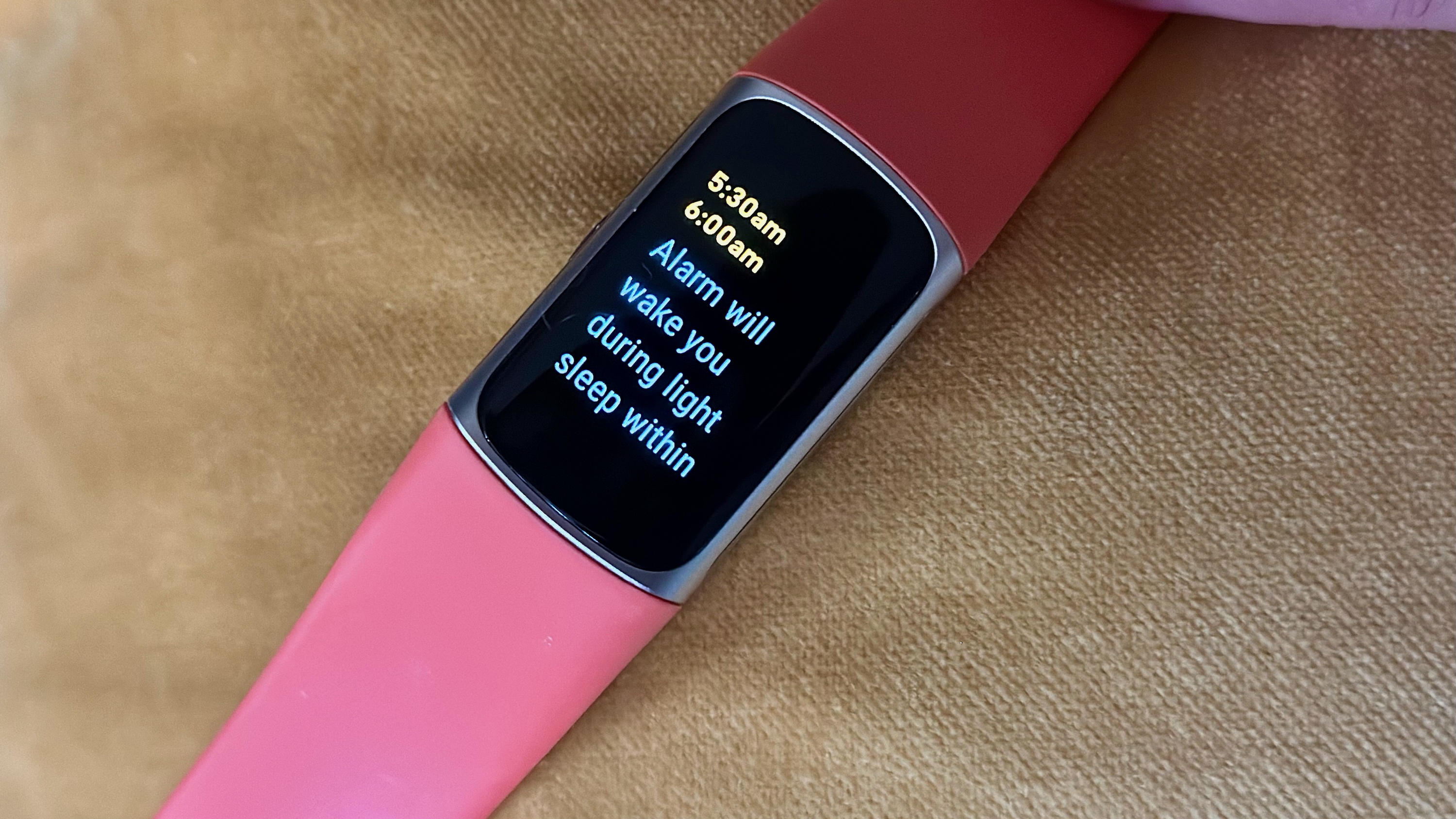
Nearly any Android smartwatch (or Apple Watch) will have detailed sleep-stage breakdowns within a few minutes of waking up. So I'd imagine some simple if/then conditionals would make this feature possible: If the time is during the requested wake-up window, check the current sleep stage; if deep or REM, wait 1 minute, then check again; if light, trigger the alarm; and if users hit the end of the wake-up window while still in REM, trigger alarm anyways so they don't oversleep.
Ultrahuman's Smart Alarm also has the option to trigger an alarm once the user clears their sleep debt, which I find very cool. My partner doesn't like setting alarms because she has occasional anxious, sleepless nights, but other nights she'll oversleep until she has an hour of negative sleep debt. Ultrahuman's conditional "only wake up when you're rested" alarm would be perfect for her.
So many brands today emphasize things like sleep coaching or daily energy scores. Imagine if your Garmin watch had a conditional alarm that only buzzed your wrist when you hit a high-enough Body Battery score. The same would apply to your Oura Ring 4 and its Oura Readiness score, your Galaxy Watch 7 and its daily Energy Score, and so on.
I know some smart alarm clocks detect your stage by picking up movement, but those don't work as well for couples since either person could trigger the not-dreaming state. Apps like Sleep Cycle that pick up movement noises with your phone mic may have the same problem, and wouldn't work as well if you use white noise apps to sleep. Basically, I'd rather use a watch's direct heart rate and movement data, and cut out the guesswork.
Since my partner and I both own Ultrahuman Ring Airs, we don't need to worry about other smartwatches or rings; we're getting this feature soon. But it's my job to care about my readers' needs, too, and I think a lot of people — and the loved ones suffering from their wrong-side-of-the-bed grumpiness — would benefit from more graceful wake-ups. Here's hoping that by the end of 2025, more brands will follow in Fitbit and Ultrahuman's footsteps with smarter alarms!
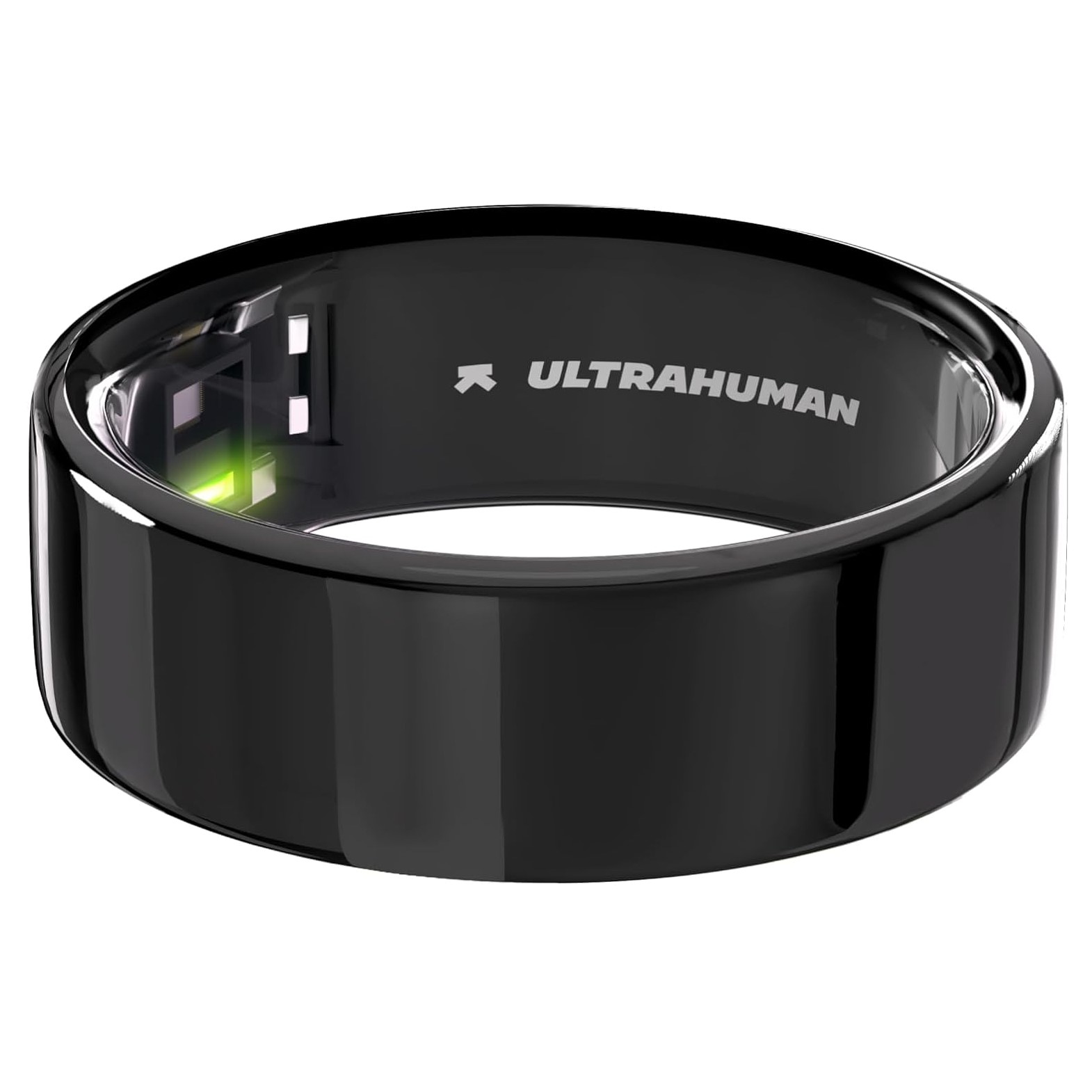
Passive health insights
The Ultrahuman Ring Air, like most smart rings, will give you in-depth insights into your sleep efficiency, consistency, restoration, stages, stress levels, and more. You'll also see stats like your 7-day HRV, skin temperature, resting heart rate, and so on — all without having to wear a watch at night.

Michael is Android Central's resident expert on wearables and fitness. Before joining Android Central, he freelanced for years at Techradar, Wareable, Windows Central, and Digital Trends. Channeling his love of running, he established himself as an expert on fitness watches, testing and reviewing models from Garmin, Fitbit, Samsung, Apple, COROS, Polar, Amazfit, Suunto, and more.
You must confirm your public display name before commenting
Please logout and then login again, you will then be prompted to enter your display name.
